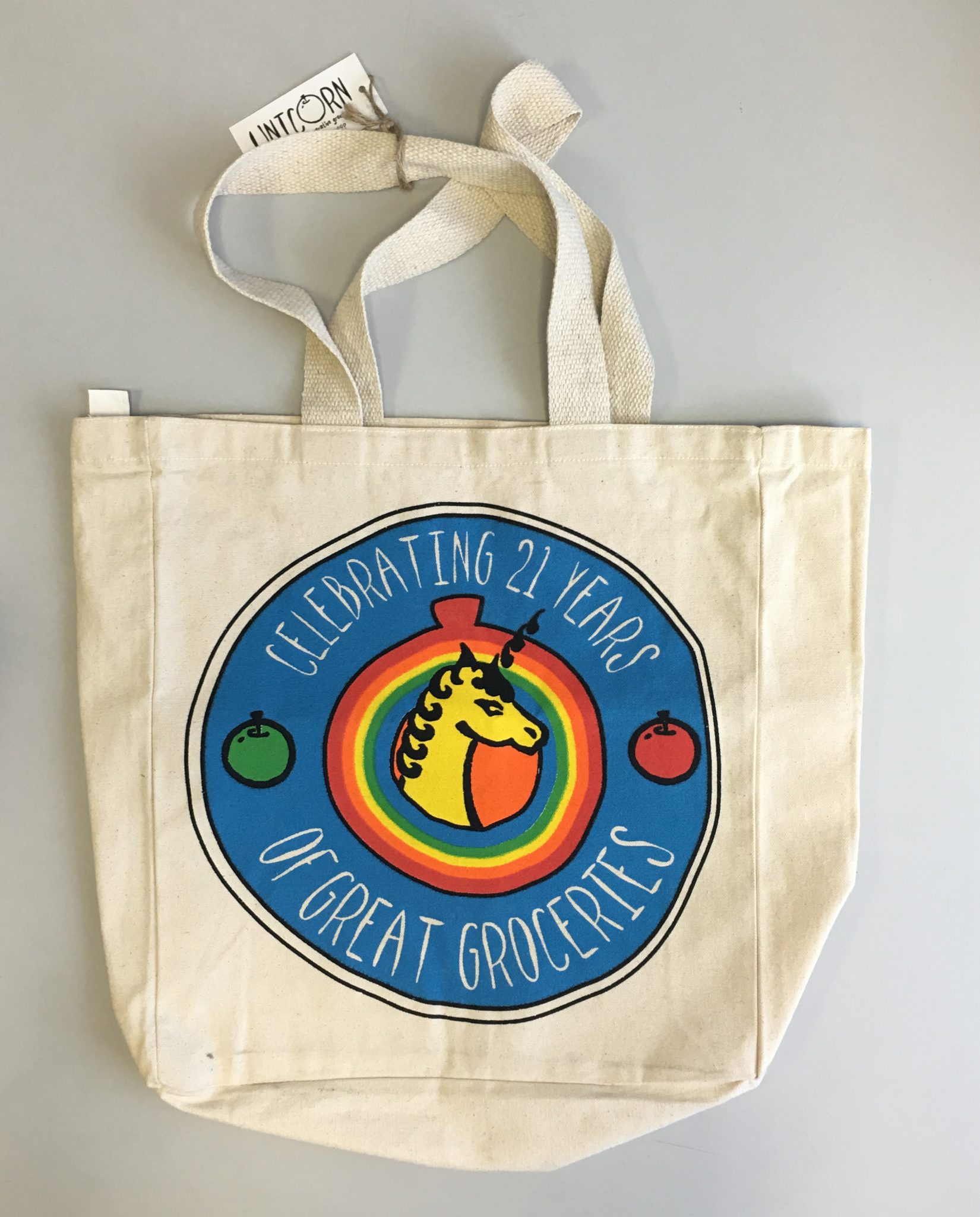In 2017 the Co-operative Heritage Trust launched the Working Together project, with the aim of looking for, recording and preserving the heritage of the workers’ co-operative movement of the 1970s-1990s.
Last April the Trust received a grant of £43,000 from the Heritage Lottery Fund to ensure that key records from this movement could be identified and saved. This grant was supplemented by donations of more than £16,000 from current workers’ co-operatives and from co-operative organisations.
Here Philippa Lewis, the Project Archivist leading the Working Together initiative, gives an update and shares some of the historical documents uncovered…
Uncovering heritage
The first stage of the Working Together project focused on locating and contacting over 240 key workers’ co-ops who were active in the 1970s-1990s – and finding out what kinds of materials they hold. The next step was making sure that material would be safely deposited with the National Co-operative Archive, or another relevant local repository.
One of the most interesting sets of material we received was from Unicorn, the workers’ co-operative grocery based in Chorlton, Manchester, which shines a light on the everyday running of the co-op. Items included minute books showing how collective decisions were made, as well as a great selection of items highlighting Unicorn’s personality and role in the local community – such as aprons, t-shirts and promotional flyers.
This material was transferred to the National Co-operative Archive in Manchester and has now been safely deposited in the archive storeroom, as part of our ever-growing workers’ co-operative archive collection.
The next steps for this material are to repackage it in archival standard packaging to ensure its long term preservation. Digitisation of key items and a catalogue entry on the Archives Hub will make the material more accessible to future researchers.
Related: Call goes out for records of UK worker co-ops for new archive of the movement
Oral histories
Another element of the project has been the recording of oral histories with people linked to the workers’ co-operative movement in the 1970s-90s. These interviews have been conducted in locations all over the UK, including Brighton, Northampton, Liverpool, and Manchester.
These oral histories will complement the tangible material collected as part of the project. This ensures the long term preservation of personal experiences of those involved in workers co-operatives such as Daily Bread, Infinity Foods and York Community Books, as well as various co-operative support agencies.
These recordings are currently being transcribed and will shortly be uploaded to the National Co-operative Archive website, where they will be available to everyone.

Volunteers and next steps
Crucial to the project so far has been the hard work of our volunteers. Within the project, these volunteers have been involved in tasks such as: identifying workers’ co-ops; repackaging, cataloguing and digitising material; and creating summaries and transcriptions of oral histories. In the next stage of the project volunteers will be continuing their invaluable work by helping us create outreach materials such as exhibition boards, and learning resources.
The next stage of the project is to make sure the material collected so far is made as accessible as possible. As well as making digital copies documents and oral histories available on the National Co-operative Archive website, we will also display catalogue entries of material on the Archives Hub, to ensure that collections are more accessible to researchers.

We are also planning an exhibition to showcase some of the material we have found and things we have learned. In May, we held sessions at the Co-operative Education and Research Conference, the Working Class Movement Library and the Worker Co-op Weekend. The exhibition will also be displayed at long term exhibition venues including the Rochdale Pioneers Museum and Warwick Modern Records Centre.
- Keep an eye out on twitter (@CoopArchive) for more details about these events, and further updates on the workers’ co-op project.